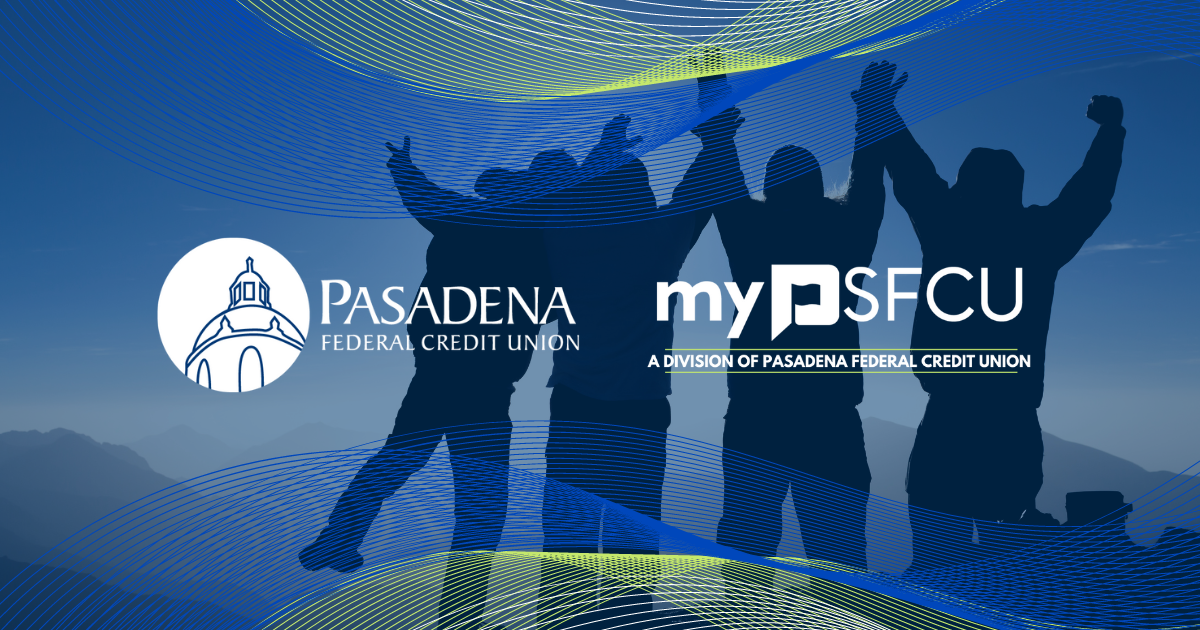Maybe it’s a friend in your contacts, a company you do business with, or just a number that looks like it’s from the neighborhood. And as helpful as caller ID can be, it’s more often showing you a disguise – a “spoofed” number to look like someone you recognize or trust is calling.
Scam artists and spammers are increasingly using number spoofing technology to trick your caller ID, making the call appear to be from a number or person you know and masking the number actually being used. In fact, with this technology, someone can call from anywhere in the world and make it look like they are calling from right next door. Add to that a smooth-talking scam artist, and you could fall victim to fraud.
So, what can you do about it? Here are our tips.
Because of caller ID spoofing, be wary and vigilant.
You may recognize your best friend’s voice, but you won’t recognize the voice of someone calling from a large business. Or a government agency. So don’t necessarily trust what the caller ID says. Anytime someone calls you, even if it appears to be PSFCU, you should treat the call with caution, even sending call inbound calls to voicemail if you get a lot of unwanted calls. Unlike robocalls and spam calls, scammers usually won’t leave a voicemail.
Return calls using a number you can verify.
Once you’re ready to return a call, look up the phone number using an independent resource, such as a statement or receipt – instead of the number given on any message you receive or during an inbound call.
Look for red flags.
PSFCU won’t call you to ask for your account number, Social Security number, or birth date because we already have that information. Callers who request this information are likely trying to scam you. Urgent or threatening language is also a common tactic.
Report scam calls immediately.
If you ever receive a scam or suspicious phone call or message, report it right away to the organization that was spoofed. This can help the organization investigate the scam and, when needed, help those who have been victimized.
Even though phone calls now come with a little bit more to worry about, you can feel confident in talking on the phone now that you know what to watch for. If you have any questions about spoofing or spam calls or think someone may have been impersonating PSFCU, give us a call at 626.351.9651




